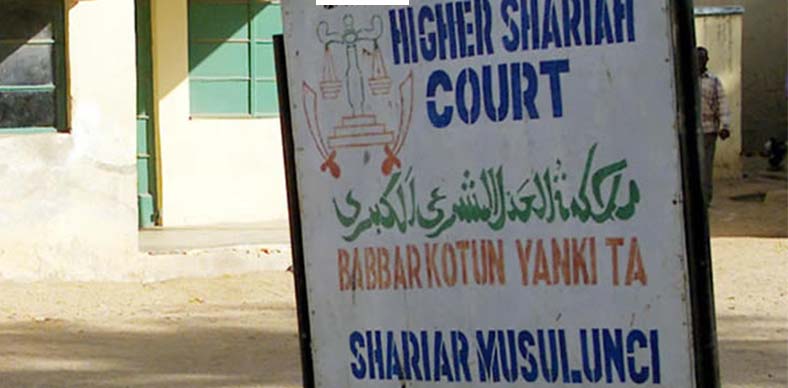
The Oyo State chapter of the Supreme Council for Shari’ah in Nigeria has announced the inauguration of a Sharia court in the state, with the ceremony scheduled for January 11, 2025. The unveiling will take place at the Muslim Community Islamic Centre, located along Oba Adeyemi High School Road, in the Mobolaje area of Oyo. The event has stirred widespread discussion and controversy, sparking a divide between those in favor of the initiative and critics who view it as an imposition of religious laws in a multi-ethnic and multi-religious state.
The inauguration flier, which has gone viral on social media, lists prominent figures as guests of honor for the event. The Bashorun of Oyo land, High Chief Yusuf Akinade Olayinka I, is set to serve as the Royal Father of the Day. The Mufairu of Oyo land, Alhaji Abdullateef Eleyele, will be the Spiritual Father of the Day, while Alhaji Tajudeen Kamorise, the Aare Musulumi of Oyo land, will act as the Chief Host. These high-profile personalities are expected to lend their support to the court’s establishment, highlighting the significance of the event in Oyo’s Muslim community.
However, the announcement has not been without its critics. Many Nigerians, particularly from the southwestern region, have raised concerns about the introduction of Sharia law in a state predominantly populated by Yoruba people. While Sharia law has long been implemented in northern Nigeria, where Muslims form the majority, its introduction in the southwest has raised questions about its impact on non-Muslims and its broader implications for the region’s cultural and religious diversity.
Social media platforms have become a battleground for opinions on the matter. An X (formerly Twitter) user, #OurFavOnlineDoc, warned of the potential consequences of Sharia law, emphasizing that non-Muslims could be affected. The user stated:
“Once you hear ‘Sharia law,’ just run for your life. They will use it to kill, imprison, cut off people’s limbs, torture, and institutionalize oppression. The poor and less privileged will be the biggest victims.” The user further claimed that the imposition of Sharia law could lead to arbitrary arrests, especially during Ramadan, for individuals accused of violating religious norms, such as selling food to Muslims during the fasting period.
Another user, #BabaAjisefa, expressed concern that silence on the issue could enable the spread of Sharia law in the southwest, drawing parallels with the north where Sharia law has been implemented for years. The user warned:
“If you’re silent on this Sharia law saga in the southwest, then you’re enabling it. We reject Sharia law in its entirety. No to Sharia law in Yorubaland.” The comment reflects growing fears that Sharia law could lead to the establishment of religious policing bodies like the Hisbah, which enforces moral codes in the northern states.
Similarly, Motolani Alake, another X user, criticized the push for Sharia law in the context of Nigeria’s national unity. Alake argued that the country’s amalgamation was a mistake, stating:
“This Sharia law conversation proves that amalgamating Nigeria was a terrible decision. Why should the entire country be subject to the religious limitations of a select group?” The user went on to suggest that true federalism or regional autonomy would be a more viable solution, allowing states to make decisions aligned with their local values and beliefs.
Other commentators have echoed similar concerns, warning that the introduction of Sharia law in Oyo could pave the way for further religious impositions, potentially infringing on the rights of non-Muslims and limiting personal freedoms. Critics fear that the Sharia court could eventually evolve into a tool for social control, with religious laws affecting the daily lives of individuals who do not subscribe to the Islamic faith.
Efforts by our correspondent to contact the Chairman and Secretary of the Sharia Committee in Oyo, Dr. Rafiu Bello and Sulaimon Abuqoodi, for further clarification were unsuccessful. Calls and messages sent to their mobile numbers went unanswered, leaving many questions about the scope and jurisdiction of the new court unanswered.
As the inauguration date approaches, the controversy surrounding the Sharia court in Oyo continues to simmer. Supporters of the initiative argue that it will provide legal representation for the Muslim community and help promote the practice of Islamic law within the state. However, critics remain adamant that the move could lead to the erosion of civil liberties and the rise of religious extremism. As Oyo prepares to take this bold step, the outcome of this initiative will likely have far-reaching implications for the state and the country as a whole. Nigerians are closely watching to see how the situation will unfold, with many calling for a national conversation on the role of religious law in governance and society.
Comments